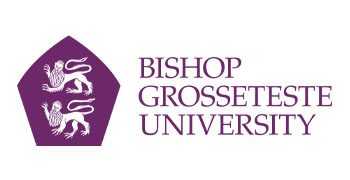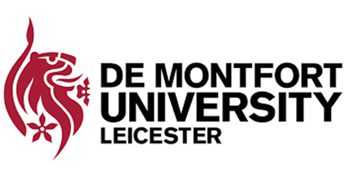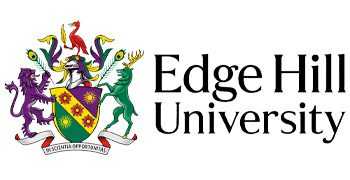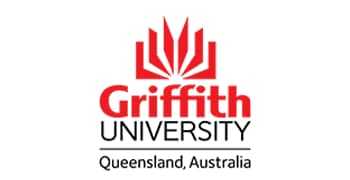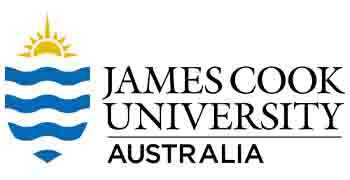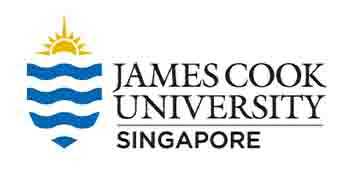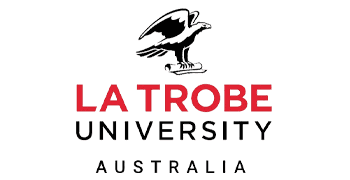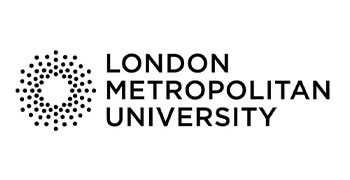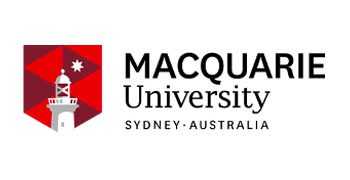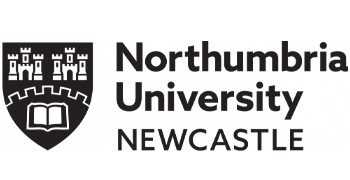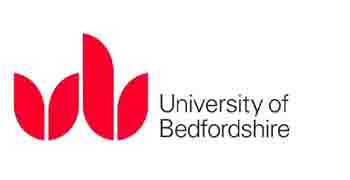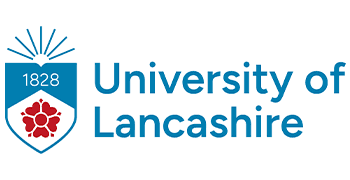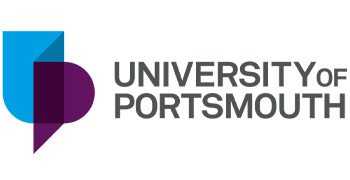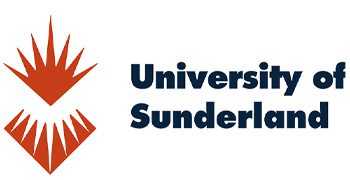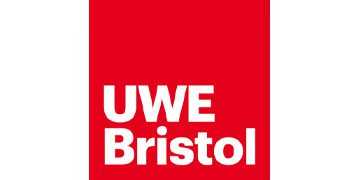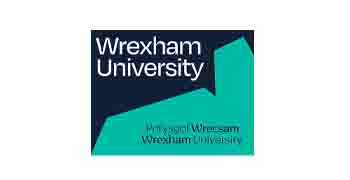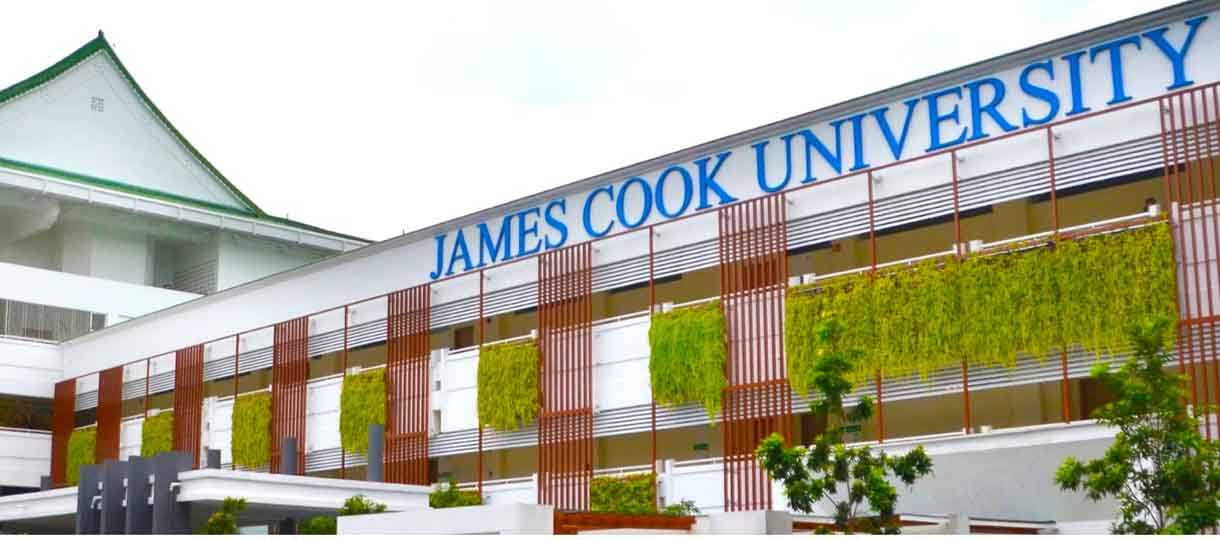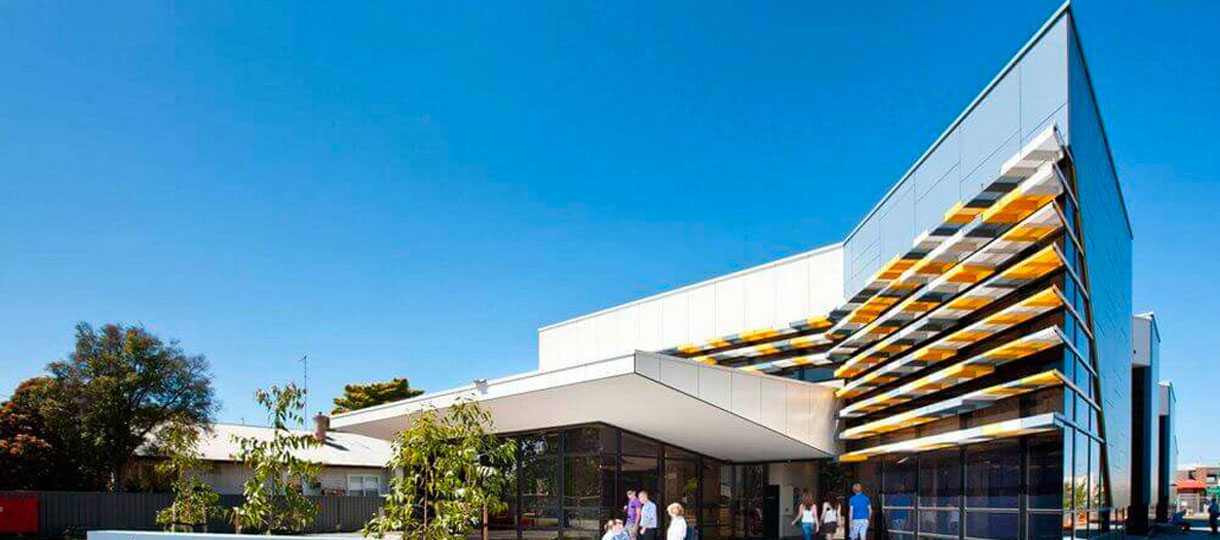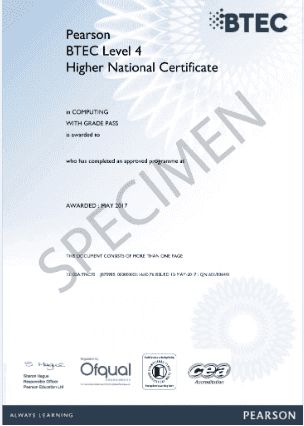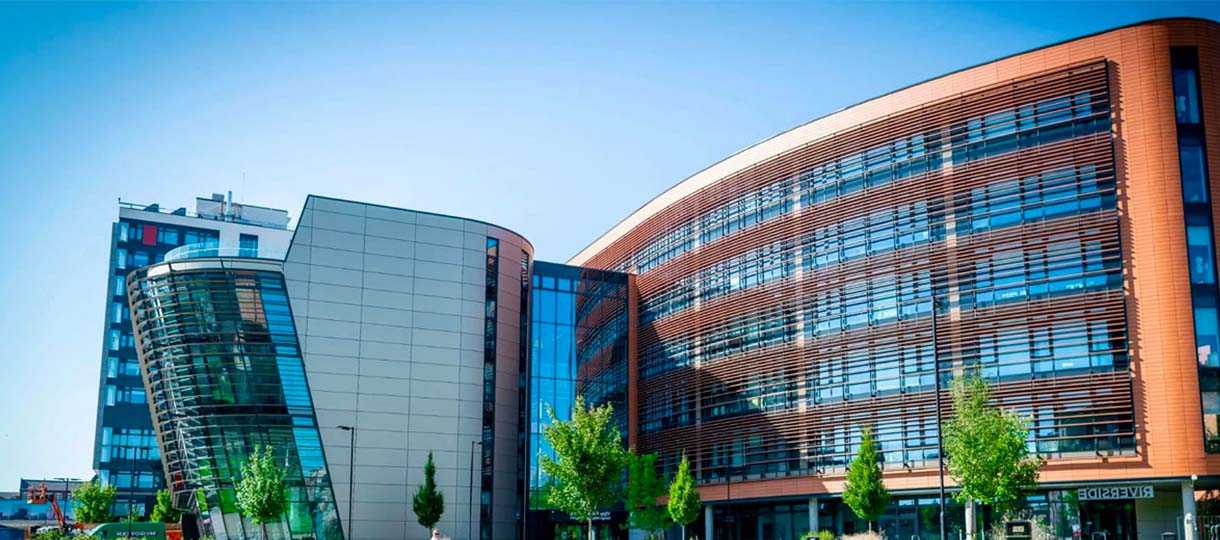

Global Year 1 Program
Open doors to global opportunities with a bachelor’s degree from Australia, the UK, Singapore or India.
Choose from Business or IT degrees from 15+ top universities.
Choose from Business or IT degrees from 15+ top universities.
Through The WorldGrad’s Global Year 1 Program, students earn Pearson BTEC qualifications that are recognized by World Education Services. Learn more about what WES Program Recognition means for you.
The WorldGrad is proud that through our Global Year 1 Program, students earn Pearson BTEC qualifications recognised by WES, the global leader in credential evaluation. This affirms that these qualifications are recognised as being comparable to programs offered at regionally accredited institutions in the US and recognised institutions in Canada.
It’s a faster route to study in the UK, Australia or Singapore after 12th. This study route can save up to INR 25 Lakh and include merit-based scholarships.
With three intakes each year, the Global Year 1 Program helps students avoid study gaps, progress sooner, and access 18 months of post-study work opportunities after completing their degree overseas.
Download BrochureThe Global Year 1 Program Leads To Business & IT Degrees Across Popular Universities In The UK, Australia, and Singapore
Your Journey With The Global Year 1 Program
GLOBAL YEAR 1 PROGRAM (UK HIGHER NATIONAL CERTIFICATE)
Program Provider - The WorldGrad, accredited by Pearson
Credits - 120
Study Mode - In-country, Online
BACHELOR'S DEGREE
Course Provider - University of choice in Australia, the UK, Singapore or India
Credits - 240
Study Mode - On-Campus
Advantages Of The Global Year 1 Program
Subjects You Will Study
Based on your degree selection, you will study the following modules during the Global Year 1 Program before progressing to the university campus.
Business Modules
Students will be introduced to the fundamental accounting principles that underpin financial operations and support good and sustainable decision making in any organisation. Students will develop a theoretical and practical understanding of a range of financial and management accounting techniques. Read unit description
Students get background knowledge and understanding of business, of the functions of an organisation and of the wider business environments in which organisations operate. Students will examine the different types of organisations (including for profit and not for profit), their size and scope (for instance micro, SME, transnational and global) and how they operate. Students will explore the relationships that organisations have with their various stakeholders and how the wider external environments influence and shape business decision making. Read unit description
Students will understand and be able to apply principles of effective HRM in order to enhance sustainable organisational performance and contribute to organisational success, holding business outcomes and people outcomes in equal balance. Students will apply HR practices in a work- related context, utilising their knowledge and practising skills and behaviours in relevant professional areas, including resourcing, talent planning and recruitment, learning and development and employee engagement. Read unit description
Students will learn the difference between the function of a manager and the role of a leader. Students will consider the characteristics, behaviours and traits that support effective management and leadership. Students will learn about the theories that have shaped the understanding of leadership and management and how these have provided a guide to action for managers and leaders who want to secure success for their businesses. Students will look at leadership styles, how and why they are used and the extent to which they are effective. Read unit description
Students will be introduced to the dynamic world of the marketing sector and the wealth of exciting career opportunities available to support their decision making in their career choices. Students will have the opportunity to learn about the competencies and behaviours required by employers to work in the marketing sector. They will be introduced to the key principles of marketing, enabling them to develop a marketing plan and to employ elements of the marketing mix to achieve results. They will study the underpinning theories and frameworks of marketing while relating them to real-world examples, including products/services that they encounter in their daily lives. Read unit description
Students will get an opportunity to demonstrate the skills required for managing and implementing a small-scale business project. They will undertake independent research and investigation for carrying out and executing a business project that meets appropriate business aims and objectives. Read unit description
Students will get the background knowledge and understanding of how businesses manage the customer experience – from the initial needs analysis through to after-sales follow-up. Students will map the journey that a customer makes through a business, identifying crucial touch points and recognising how these touch points can be managed to optimise the customer’s experience. Read unit description
Students will explore how operations management manages all business activities to efficiently create and deliver products and services. This includes the transformation of inputs into outputs of finished goods and services, and activities throughout the supply chain. Students will explore the approach to quality management and continuous improvement in the production process. They will review how operations managers have to look externally as well as at internal processes, considering suppliers’ performance and customers throughout the supply chain. Read unit description
Computing Modules
Students will get opportunities to develop an understanding of the concepts and issues relating to database design and development. It will also provide the practical skills needed to be able to translate that understanding into the design and creation of complex databases. Read unit description
Students will get a wider background knowledge of computer networking essentials, how they operate, protocols, standards, security considerations and the prototypes associated with a range of networking technologies. Students will explore a range of hardware, with related software, and will configure and install these to gain knowledge of networking systems. A range of networking technologies will be explored to deliver a fundamental knowledge of Local Area Networking (LAN), Wide Area Networking (WAN) and their evolution to form large-scale networks. Students will also explore the protocol methodologies related to IP data networks. Read unit description
Students will get an opportunity to demonstrate the research skills required for developing a deeper understanding of a subject and the ability to use evidence to inform decisions. Students will undertake independent research, and investigation of a theme set by Pearson. Students will also investigate and research an industry sector as outlined in the centre-set project brief. Students will use the outcomes of their research to help them plan a computer-based project and to support recommendations for how the identified business could utilise the tools and technologies identified as part of their research. Read unit description
Students will be introduced to the core concepts of programming along with an introduction to algorithms and the characteristics of programming paradigms. Among the topics included in this unit are: introduction to algorithms, procedural, object-oriented and event-driven programming, security considerations, the integrated development environment and the debugging process. Read unit description
Students will get a foundation for good practice in a variety of contexts. Students will develop communication skills, communication literacy and learn the use of qualitative and quantitative data to demonstrate analysis, reasoning and critical thinking. Students will carry out tasks that require working with others in a team-based scenario and planning and problem solving. Read unit description
Students will learn about security, the associated risks and how it has an impact on business continuity. Students will examine security measures involving access authorisation and regulation of use. They will implement contingency plans and devise security policies and procedures. The unit also introduces students to detection of threats and vulnerabilities in physical and IT security, and how to manage risks relating to organisational security. Read unit description
Students are introduced to lifecycle decision making at different stages of the software development process. They will examine various lifecycle models and learn to appreciate their particular characteristics in order to understand for which project environments they are most appropriate. Theoretical understanding will be translated into practical skills through an actual software development lifecycle project. Students will become confident in the use of particular tools and techniques relevant to a chosen methodology. Read unit description
This unit introduces students to the mathematical principles and theory that underpin the computing curriculum. Through a series of case studies, scenarios and task-based assessments, students will explore number theory in a variety of scenarios; use applicable probability theory; apply geometrical and vector methodology; and, finally, evaluate problems concerning differential and integral calculus. Read unit description
Frequently Asked Questions
The program enables students to complete the first year equivalent of their bachelor’s degree from home within 6 months. Accredited by Pearson, the program leads to a Higher National Certificate (HNC), a globally recognised qualification that leads to the remaining two years of their degree on campus.
Upon the successful completion of the Global Year 1 Program, you will receive a UK Higher National Certificate (UK Level 4) qualification accredited by Pearson under BTEC Higher National Programs and is recognised by numerous universities and employers around the world.
Yes, being an internationally recognised UK Level 4 qualification, the HNC is accepted by Indian universities such as Lovely Professional University, Punjab; Ajeenkya DY Patil University, Pune; and Jagannath University, Jaipur, for admission into their bachelor’s programs, based on Pearson BTEC partnerships in India.
The Global Year 1 Program costs INR 3,50,000 + GST. We also offer merit-based scholarships.
The Global Year 1 Program allows students to complete 1 year of their degree from their home country. Students then study in the UK or Australia for the remaining 2 years at the university campus. By studying in the UK or Australia for more time than the stated requirement, students become eligible for post-study work rights of up to 2 years in the UK and up to 3 years in Australia after completing their degree.



